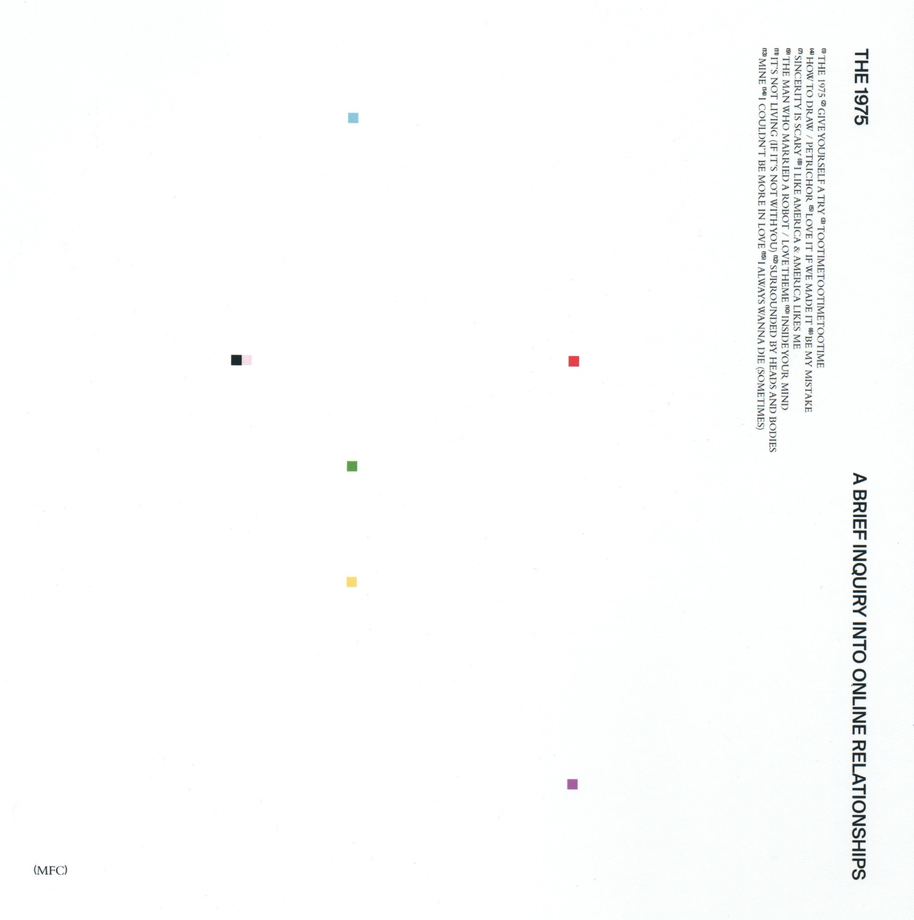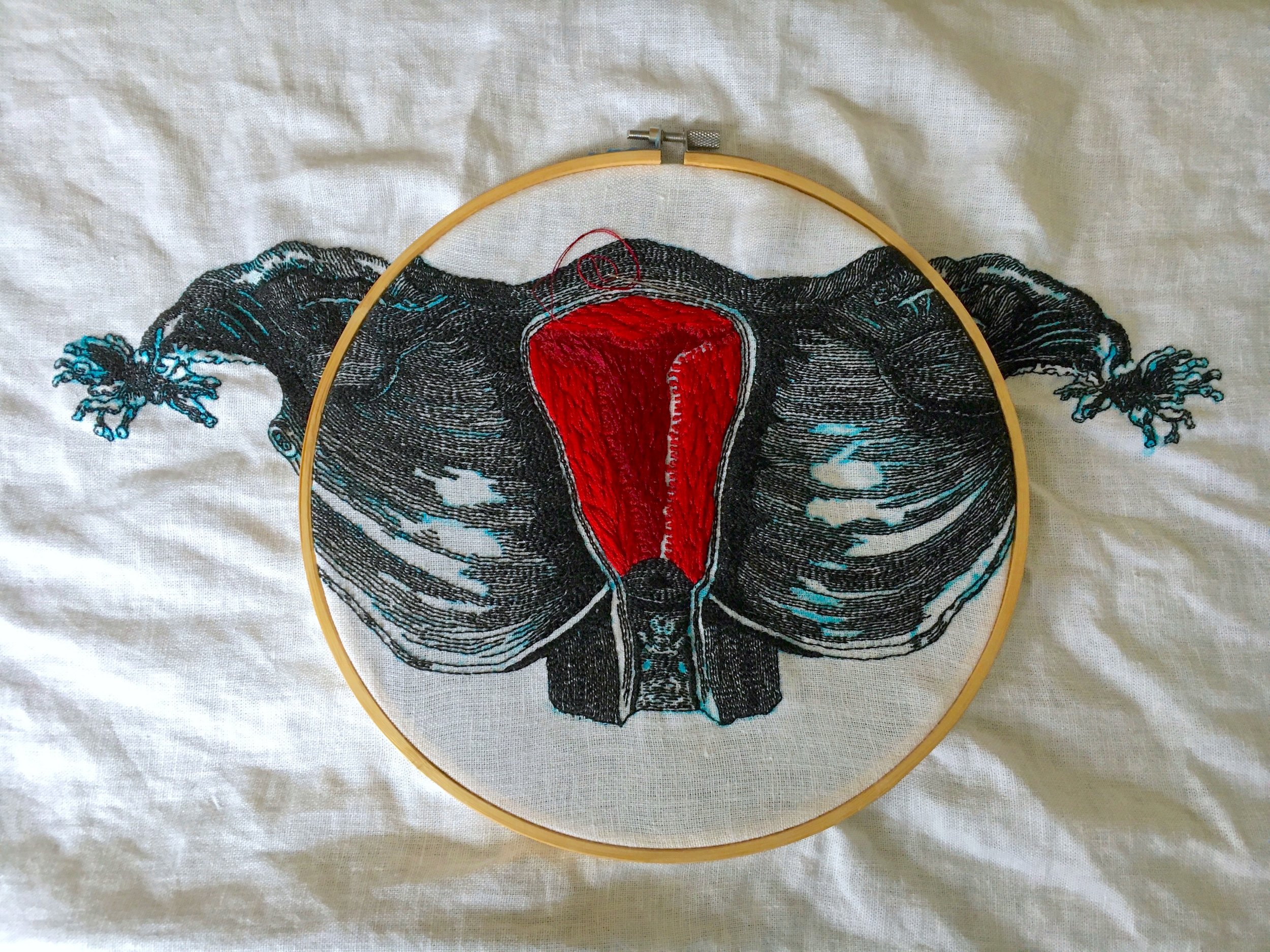Connection
SPRING 2022 ISSUE
Our social worlds are increasingly defined by divisions: separate identities, environments, experiences, and backgrounds.
‘Connection’ considers the elements that join us, globally and personally, in our journeys towards health and wellness. We're weaving stories together, connecting the dots between, and identifying areas of overlap and exchange. In this issue, we explore the interrelationship of the environment, animals, and humans; transnational social advocacy networks; advancements and implications of digital health; therapies that dissolve self and other; and single bonds, relationships, or moments of mutuality.
Image Credit: Sophie Buckely
Featured
Page talks with Dr Tcholakov, who offers insights into the healthcare challenges Inuit communities of Nunavik face, and the importance of supporting community-centred care in the region.
What has held phage therapy back given its vital curative potential? Zachary explains how research into these “bacteria eaters” has been hindered by Cold War rivalry and Big Pharma influence.
Joson discusses how the COVID-19 pandemic has forced us to rethink our social connections as they shift from physical interactions to the virtual realm.
Rhiannon talks about how one farm is aiming to provide a sustainable community-based model for food production in the UK.

Is the current public health workforce fit for purpose in a digital era?
Brian Li Han Wong discusses the progress made and challenges faced in improving the public health workforce through utilising digital health to train young professionals.

Missing data: who cares?
Joanna Hindley explores how missing data can both invalidate research findings and exacerbate existing inequalities.

Malaria and rice cultivation in sub-Saharan Africa: a paradox redefined?
With insight from Kallista Chan’s research, Charles explores new findings in research between the relationship of malaria transmission and rice cultivation in sub-Saharan Africa.
Culture
New studies spell trouble for the ‘chronically online’ generation. Alyx examines current trends of rising technology dependency and weighs the psychological benefits and costs of digital connection.
Cidália finds common ground in Oluwaseun’s poem from our ‘Gradients’ issue and contemplates a path forward to save our broken healthcare system and those within it.
Candy reflects on Cidália’s account of nursing care from our ‘In Focus’ issue and calls for greater action to address the issues facing the nursing profession today.
Community and catharsis come together in Mustafa the Poet’s debut album. Sarah shares her personal reflection on his themes of grief and bereavement showcased in his live London performance in January.
The apocalypse bites—literally. Shveta explores the psychology of abuse and power underlying Netflix’s newest Korean drama series about high schoolers navigating a zombie outbreak.
In an increasingly online world, how do we form meaningful relationships with others and reconcile our real world and digital personas? Gianmarco probes the cautionary themes exemplified in The 1975’s third studio album.
With purpose and passion, Kaity draws attention to the failings of current educational and social systems that give rise to assaults, and the activists tackling this by bringing consent education to the forefront in Australia.
Illustrations by Grace Oh
Essay and Opinion
Page talks with Dr Tcholakov, who offers insights into the healthcare challenges Inuit communities of Nunavik face, and the importance of supporting community-centred care in the region.
What has held phage therapy back given its vital curative potential? Zachary explains how research into these “bacteria eaters” has been hindered by Cold War rivalry and Big Pharma influence.
Beauty considers the impact of Long-Covid on the disabled community whilst drawing parallels between conversations on global health equity and disability.
Joson discusses how the COVID-19 pandemic has forced us to rethink our social connections as they shift from physical interactions to the virtual realm.
Brian discusses the progress made and challenges faced in improving the public health workforce through utilising digital health to train young professionals.
Looking at US data, Kristian argues that increased public health spending doesn’t always lead to better health outcomes.
With insight from Kallista Chan’s research, Charles explores new findings in research between the relationship of malaria transmission and rice cultivation in sub-Saharan Africa.
Joanna explores how missing data can both invalidate research findings and exacerbate existing inequalities.
Kess Rowe speaks to Dr Sunitha Srinivas about her commitment to forging meaningful connections while advancing her degree in public health, and the importance of humility for the future generation of public health workers.
As this article goes to publication, news has broke that the governor of Oklahoma has signed into law the strictest abortion ban in the country. Kristian discusses the devastating social, economic, and public health implications of abortion restrictions in lieu of leaked Supreme Court plans to permit similarly severe bans across the nation.
During the pandemic Aimee has been working as a vaccination project manager supporting in-school vaccination programmes. In her essay she highlights the disparities in uptake she encountered and how they tried to overcome them.
Ashish explores how we can reduce caffeinated energy drink consumption among young people, arguing current marketing regulations are insufficient.
Despite its many flaws, Bobbie Hall highlights how the communities built on Facebook can be a lifeline for disabled, mentally ill, and marginalised individuals.
Zachary uses his experience working in US politics to reflect on how the COVID-19 pandemic disrupted policymaking and changed work dynamics.
Leo writes about his experience with support groups and how he went from doubting their effect to fully supporting them himself.
Wellness
Paritosh helps us reevaluate the importance of having access to nature, giving nature the credit it deserves for its many health benefits.
Hilary reflects on what it meant to be healthy in the 1990s and compares this with current trends.
Abby Mader invites us to think of urban spaces in a different way as she explores the benefits of walkable cities.
Rhiannon talks about how one farm is aiming to provide a sustainable community-based model for food production in the UK.
Emma explores whether our four-legged friends can help deal with the symptoms of chronic pain.
Reviews

A Brief Inquiry into Online Relationships
In an increasingly online world, how do we form meaningful relationships with others and reconcile our real world and digital personas? Gianmarco probes the cautionary themes exemplified in The 1975’s third studio album.

An evening with Mustafa: tales of love and loss one night in London
Community and catharsis come together in Mustafa the Poet’s debut album. Sarah Zaidi shares her personal reflection on his themes of grief and bereavement showcased in his live London performance in January.
Creative
Candy reflects on the rich histories of immigrants and how they shape our futures.
Po speaks to multidisciplinary creator-performer, Lia Pas, about textural aspects of chronic pain, slow time, and SciArt.
Peter sits with Grace Oh, a digital artist who uses illustration to reflect and process life’s difficulties.
Anand describes how Bollywood dancing brings his patient relationships to new heights.
Sujal takes us behind the scenes at the Reflections: Alzheimer’s Program run for adults suffering with dementia and Alzheimer’s, at the Nasher Museum of Art in North Carolina.
Image credits: Unsplash

































